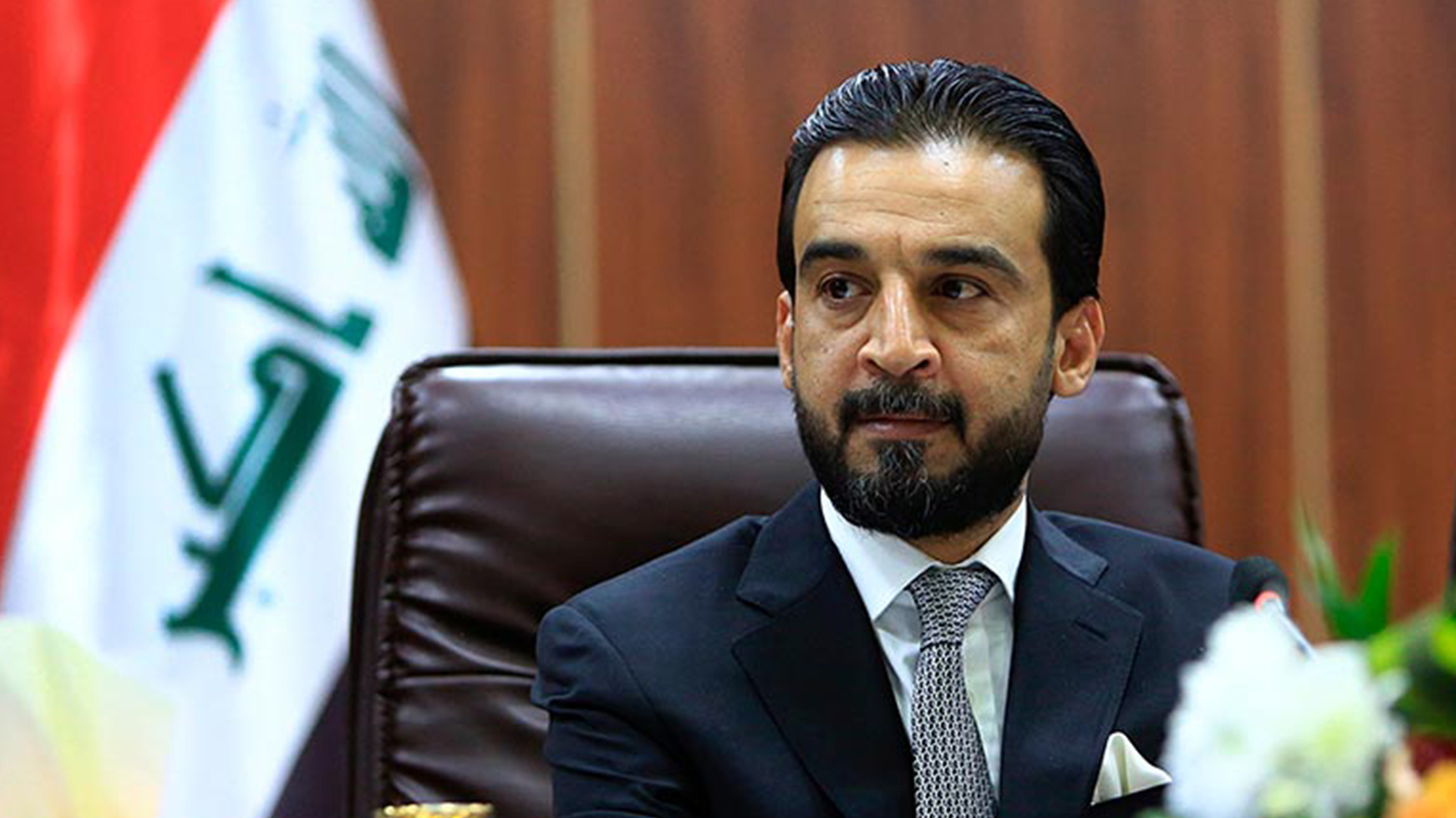Iraqi parliament speaker issues two directives regarding Kurdistan Region oil revenues and Kirkuk tensions
Halboosi instructed the finance committee to host both the Finance Ministers of the federal government and the Kurdistan Regional Government (KRG) regarding oil revenues and the transfer of the Kurdistan Region's financial entitlements.

ERBIL (Kurdistan 24) – The Speaker of the Iraqi Parliament, Mohammed al-Halboosi, issued two directives regarding the events in Kirkuk and Kurdistan's oil revenues.
Al-Halboosi instructed the Security and Defense Committee to investigate the events in Kirkuk and present its findings to Parliament.
A protest took place on Sept. 2 by Kurds against the closure of the Kirkuk-Erbil road by the supporters of the Popular Mobilization Forces, following the latter's opposition to the handover of the KDP headquarters on Aug. 28, as mandated by Prime Minister Shia al-Sudani. In total, four Kurds were killed and fifteen were injured after the PMF opened fire on the protesters.
At the same time, Halboosi instructed the finance committee to host both the Finance Ministers of the federal government and the Kurdistan Regional Government (KRG) regarding oil revenues and the transfer of the Kurdistan Region's financial entitlements.
On Sept. 3, the Iraqi Council of Ministers decided to send 500 billion Iraqi dinars (over $384 million) in the form of loans to pay salaries to the Kurdistan Region; however, Peshawa Hawramani, spokesperson for the KRG, stated at a press conference on Monday that the federal government had unilaterally made the decision without consulting the KRG.
Meanwhile, KRG Finance Minister Awat Noori stated on Sept. 4, that the amount of money the federal government is going to send, with a domestic revenue of about 320 billion Iraqi dinars, is not sufficient to cover all salaries.
According to Iraqi Federal General Budget Law No. 13 of 2023, Iraq's budget is divided into three parts: the general budget, the development budget, and the emergency budget. The general budget covers the costs of salaries, wages, and allowances, while the development budget is used for public investments and the emergency budget is used in the event of natural or man-made disasters. Additionally, the budget is allocated to various sectors such as health, education, and defense.